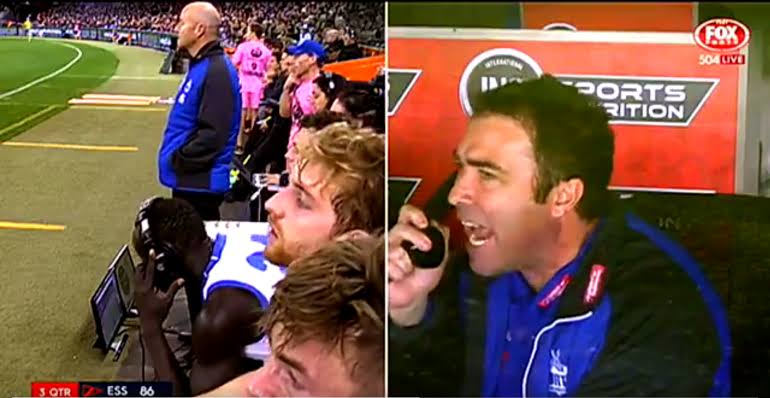Brad Scott, coach of the Essendon Football Club, has launched a scathing critique against the AFL regarding the ambiguity surrounding incidental collisions in marking contests. His comments come in the wake of the one-match suspension handed to GWS Giants captain Toby Greene for an incident involving Carlton’s Jordan Boyd.
Greene’s suspension has ignited controversy, with Essendon fans particularly aggrieved by what they perceive as inconsistency in the AFL’s disciplinary decisions. The incident bears resemblance to a previous suspension of Essendon’s Peter Wright in Round 2, where Wright collided with Sydney defender Harry Cunningham while contesting a mark.
While Wright’s suspension was deemed severe due to the resulting concussion and stretcher evacuation of Cunningham, Greene’s incident was graded as ‘medium impact’ as Boyd continued playing after the collision. Essendon’s disappointment is compounded by GWS coach Adam Kingsley’s dismissal of any wrongdoing by Greene, further highlighting the perceived lack of clarity in the AFL’s adjudication process.
Scott criticized the AFL’s approach, highlighting the absence of a clear distinction between intent and outcome in determining penalties. He expressed frustration over the burden placed on clubs to challenge decisions they disagree with, emphasizing the flawed nature of the tribunal system.
Moreover, Scott raised concerns about the challenges faced by players in marking contests, where the emphasis on attacking the ball leaves them vulnerable to potential disciplinary actions. He lamented the lack of guidance provided by the AFL to coaches and players, calling for greater clarity and consistency in decision-making.
As Essendon prepares to challenge Greene’s suspension at the Tribunal, Scott’s remarks underscore the broader issue of transparency and fairness within the AFL’s disciplinary framework. The outcome of Greene’s case and the subsequent response from the AFL will undoubtedly shape future discussions on player safety and the integrity of the game.




